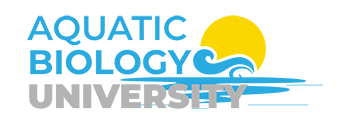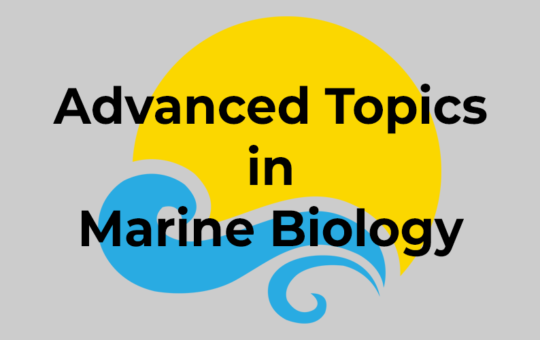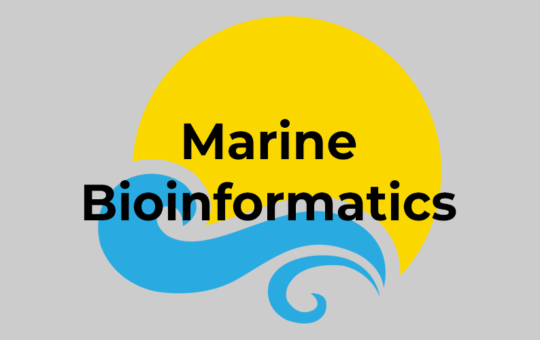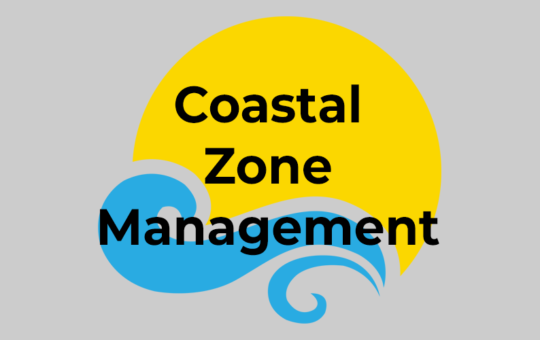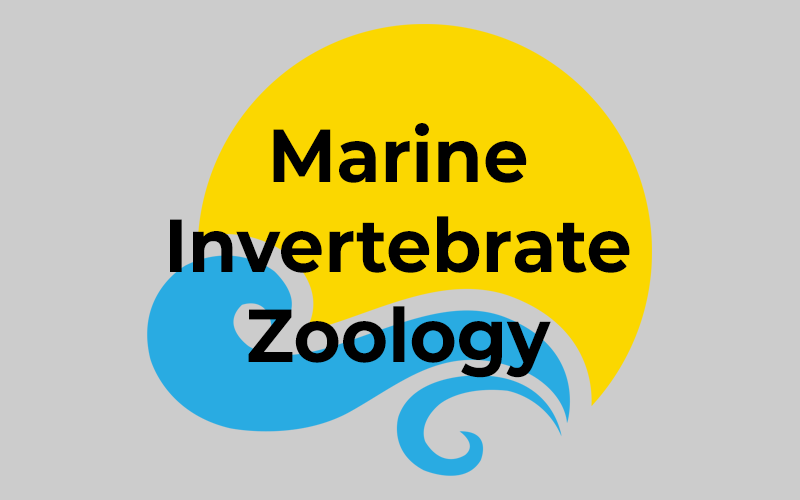
Marine Invertebrate Zoology
Marine Invertebrate Zoology explores the diverse and fascinating world of marine invertebrates, which comprise the vast majority of marine species. This course provides students with a comprehensive understanding of the anatomy, physiology, and behavior of various marine invertebrate groups, including sponges, cnidarians, mollusks, arthropods, echinoderms, and others. Students will examine the evolutionary relationships among these groups and learn about their unique adaptations to life in the ocean. The course emphasizes the ecological roles of marine invertebrates, highlighting their contributions to marine food webs, nutrient cycling, and habitat formation.
In addition to biological aspects, the course addresses the methodologies used in studying marine invertebrates, such as field sampling, laboratory experiments, and molecular techniques. Students will gain hands-on experience in identifying and classifying marine invertebrates, understanding their life cycles, and exploring their ecological interactions. The impact of human activities on marine invertebrate populations, including pollution, habitat destruction, and climate change, will be discussed, along with conservation strategies to protect these vital organisms. Through lectures, laboratory work, and field studies, students will develop the skills and knowledge needed for careers in marine biology, conservation, and ecological research, while deepening their appreciation for the diversity and complexity of marine invertebrates.
Curriculum
- 4 Sections
- 15 Lessons
- 1 Quiz
- 0m Duration
Section 1: Introduction to Marine Invertebrates
- Chapter 1: Overview of Marine Invertebrate Zoology
- Chapter 2: Evolution and Diversity of Marine Invertebrates
- Chapter 3: Anatomy and Physiology of Marine Invertebrates
Section 2: Major Groups of Marine Invertebrates
- Chapter 4: Sponges (Phylum Porifera)
- Chapter 5: Cnidarians (Phylum Cnidaria)
- Chapter 6: Mollusks (Phylum Mollusca)
- Chapter 7: Arthropods (Phylum Arthropoda)
- Chapter 8: Echinoderms (Phylum Echinodermata)
- Chapter 9: Other Invertebrate Phyla
Section 3: Ecology and Behavior of Marine Invertebrates
- Chapter 10: Feeding and Nutrition
- Chapter 11: Reproduction and Development
- Chapter 12: Locomotion and Sensory Systems
Section 4: Human Impact and Conservation of Marine Invertebrates
- Chapter 13: Threats to Marine Invertebrates
- Chapter 14: Conservation Strategies
- Chapter 15: Economic and Ecological Importance
- Course 8: Marine Invertebrate Zoology - Assessment Test
